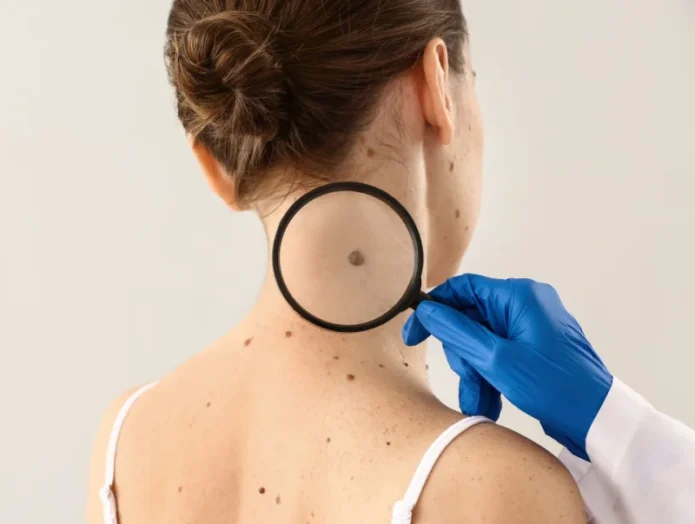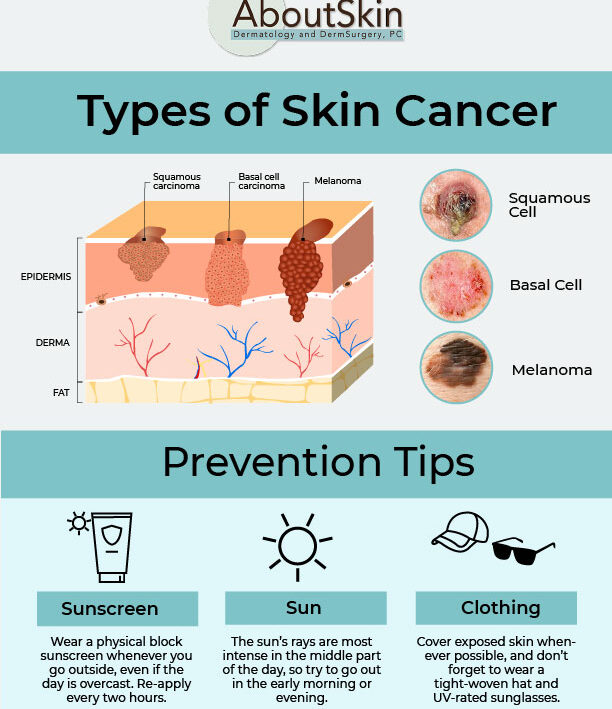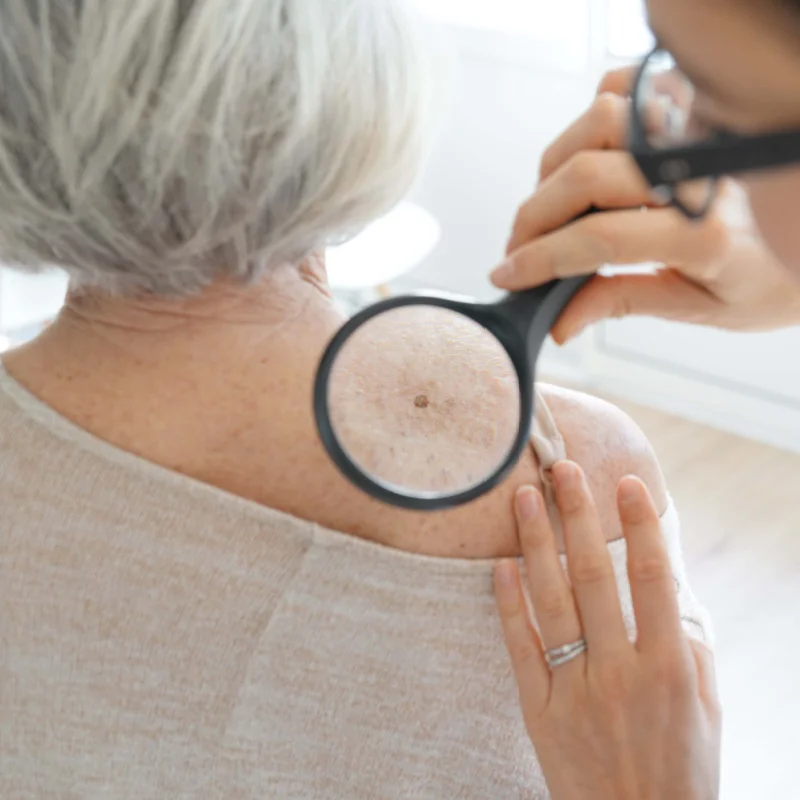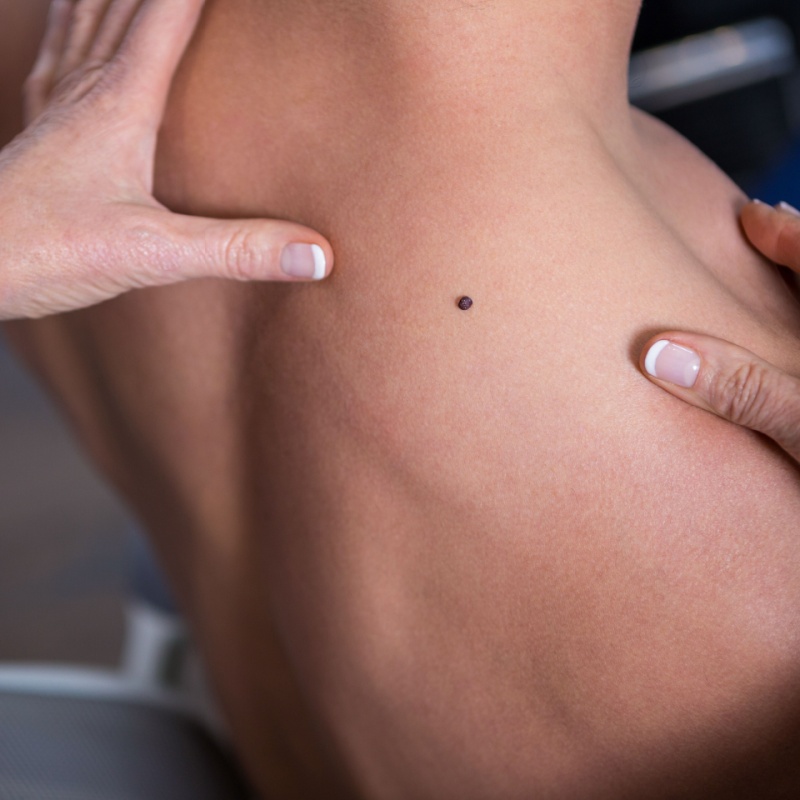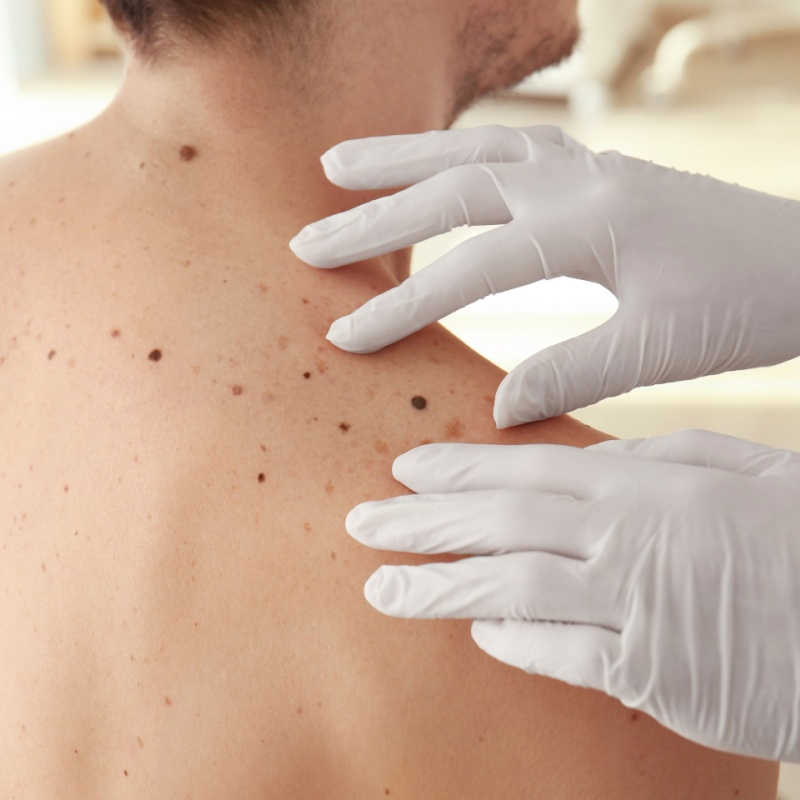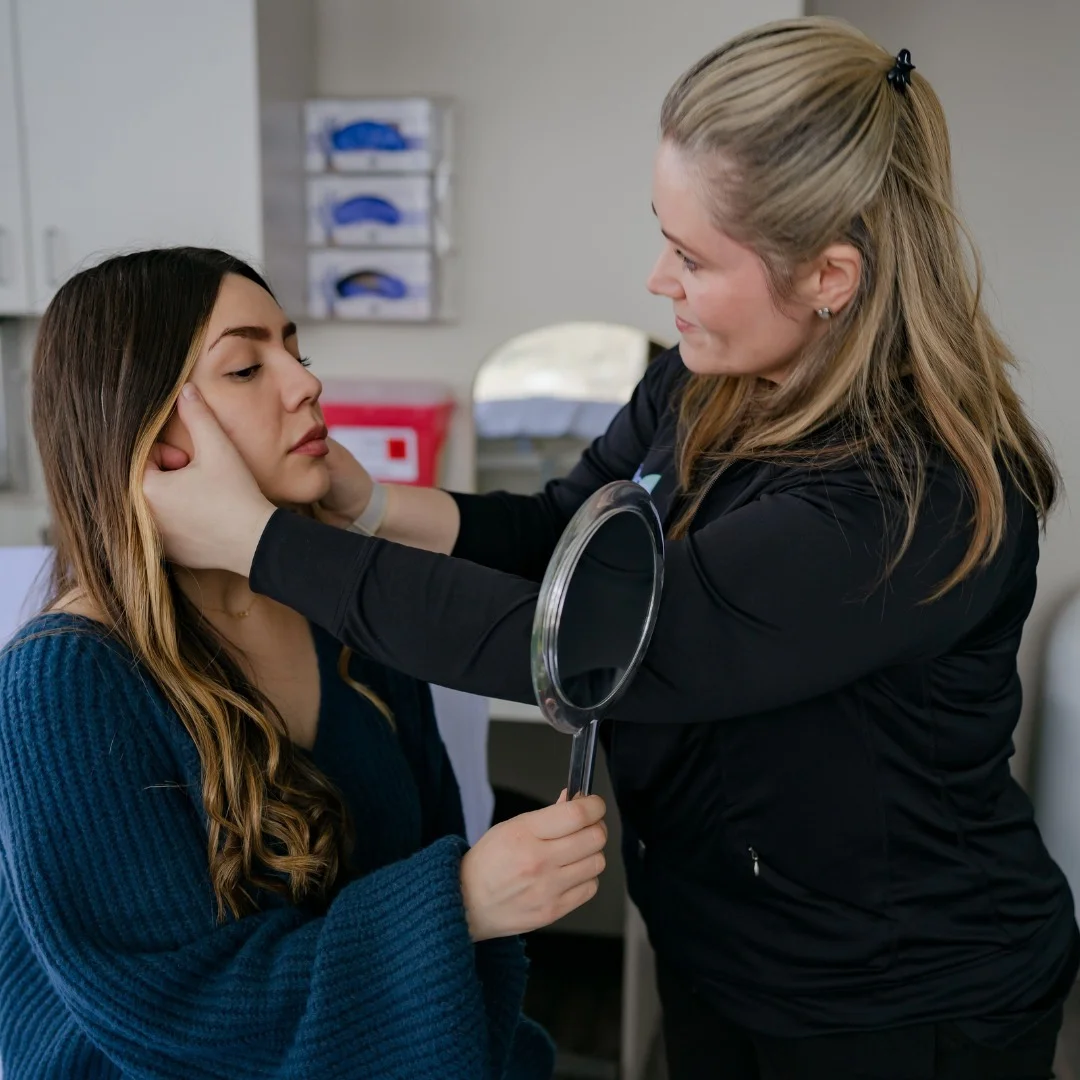Get Diagnosis and Treatment for This Common Disease
Skin is the body’s largest organ. As such, it is routinely exposed to a number of factors that can impact its health. Current data shows that as many as one in five Americans will, at some point in his or her life, experience skin cancer. Denver’s AboutSkin Dermatology team (located in the Denver Tech Center and Lone Tree areas) takes care of hundreds of skin cancer patients a year. Note that although exposure to ultraviolet radiation is a significant risk factor in the disease’s development, genetics and other variables also play a part.

